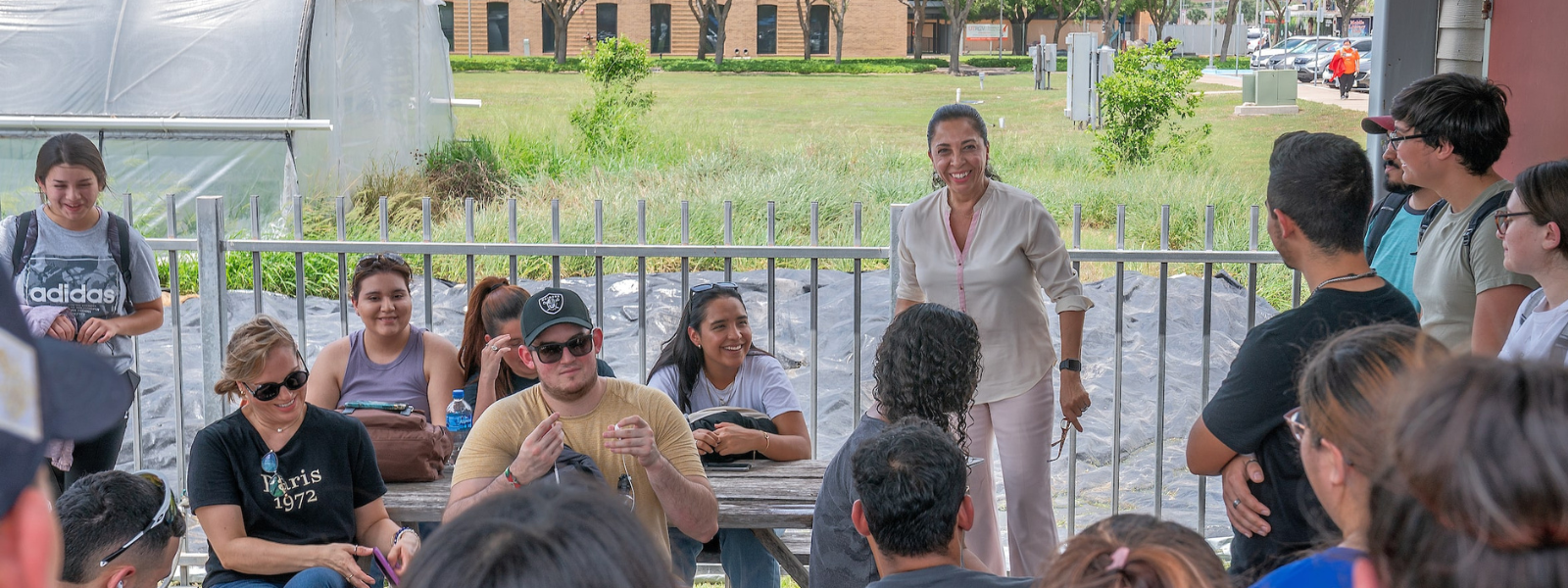Climate Change and the Cost of Bank Loans
Climate change risk is increasing the cost of capital for businesses, a study found.
A recent study by Dr. Siamak Javadi, Assistant Professor of Finance at RCVCOBE, found a positive association between the climate exposure of businesses and their cost of bank loans.
Dr. Javadi and his co-author Abdullah-Al Masum (Assistant Professor of Finance at the University of Wisconsin-Oshkosh) examined whether and to what extent, climate risk affects firms’ cost of capital. Specifically, we investigate whether banks view climate change as a relevant risk factor and incorporate it into different dimensions of their loan contracts. Parallel to the rise of socially responsible investing, there has been a substantial growth in environmentally sensitive lending as well and the evidence suggests that banks are becoming increasingly sensitive to environmental issues. More than thirty leading global banks will no longer provide financing to coal-related projects or coal power firms. Further, bank loans are one of the most important sources of external finance. Consequently, they hypothesized that banks are likely to take climate risk into account when lending to firms located in areas more vulnerable to climate risk.
They tested their hypothesis that banks are likely to take climate risk into account when lending to firms located in areas more vulnerable to climate risk using a sample of 32,999 unique bank loans issued to 5,243 unique US firms from 1986 to 2017. The authors used the Palmer Drought Severity Index (PDSI), developed by Palmer (1965) to measure firms' climate risk exposure. The focus on droughts was appropriate for the study, according to the researchers, because climate risks need not be limited to carbon exposures. Natural disasters amplified by climate change can cause significant disruption to firms’ production process and impose substantial damage to their profits. Among the natural disasters that might be intensified by climate change, drought is the most devastating for economic activities. The researchers use the state location of a firm’s headquarter to determine its exposure to climate risk.
Their empirical analysis found a robust positive association between the measure of climate risk and loan spreads. Loan spreads of firms in the top quartile of climate risk exposure are about 4.4% larger than those of firms in the bottom quartile. Moreover, the study found that the long-term loans of poorly rated firms drive the adverse effect of climate risk. For example, loan spreads are about 5.8% higher for long-term loans of poorly rated firms in the top quartile of climate risk than those in the bottom quartile.
Dr. Javadi believes the findings of the study provide empirical insights to policy makers and business executives alike. The findings suggest that banks consider climate change as a risk factor and incorporate that in their loan origination. This implies that the feasible set of investment opportunities for firms in areas with more climate change exposure is smaller, since those firms have a higher cost of capital to finance their investment. It follows that these areas would probably face a decline in corporate investment, and lower levels of employment. Large investment management firms, like BlackRock, are pushing for climate risk disclosure and mitigation. SEC has not made this mandatory yet, but shareholders can force the management to disclose this information and pursue climate mitigation policies. In other words, while climate risk is certainly a serious challenge in the business landscape, it also presents an opportunity. Investment in renewable energy, boosted by government programs can lead to long-lasting climate mitigation strategies, innovation, and higher employment.
The study was published in the Journal of Corporate Finance, an elite journal in RCVCOBE’s journal quality guide.

